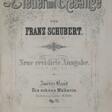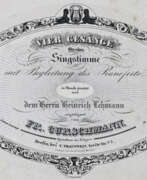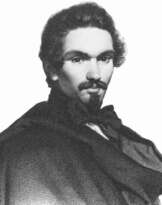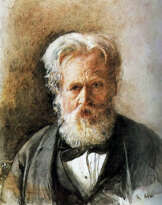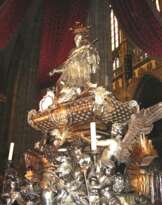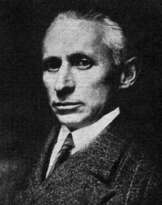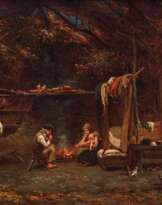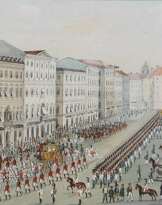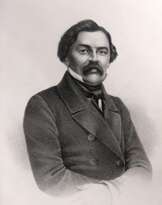Franz Schubert (1797 - 1828)
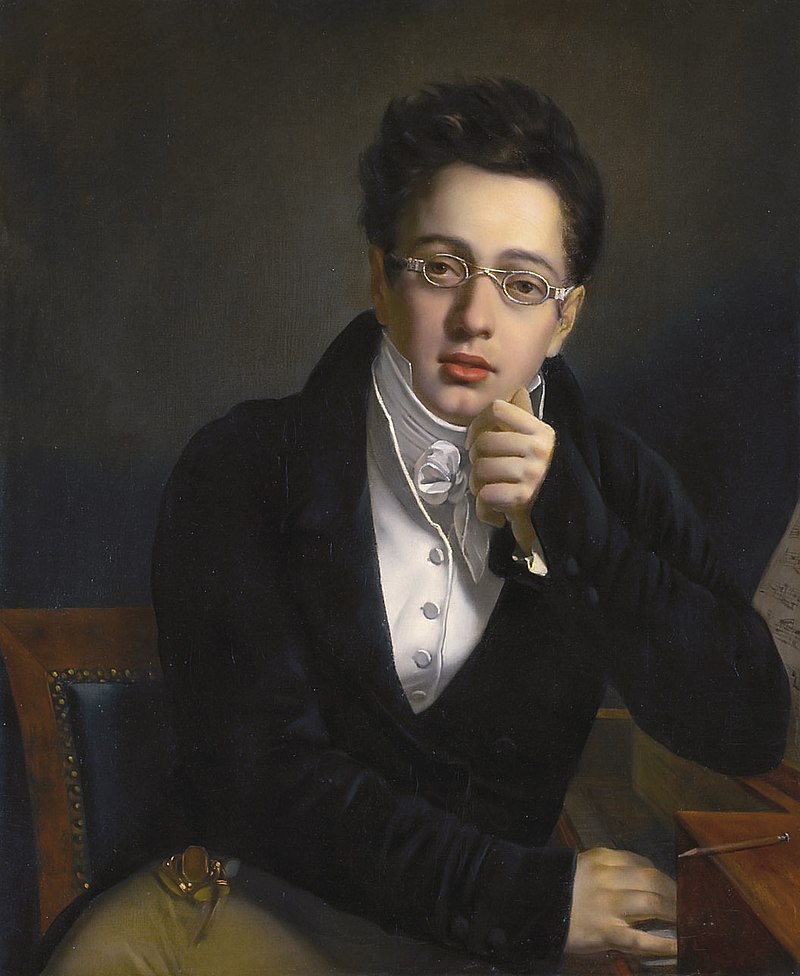
Franz Schubert
Franz Peter Schubert was an Austrian composer who combined classical and romantic music.
Franz was born into a musical family, where a quartet played at home and his father founded a music school. The future composer played the violin, piano and organ. At the age of 10, the young Schubert won a place in the Vienna Imperial Court Chapel Choir and quickly gained a reputation as an aspiring composer, writing several light string quartets. In 1814 Schubert began teaching, but at the same time he continuously composed a wide variety of works. These included 145 songs, the Second and Third Symphonies, two sonatas and a number of miniatures for solo piano, two masses and other short choral works, four stage works, a string quartet, and much more.
Soon the popularity of Schubert's dance music and songs grew so much that musical evenings known as "Schubertiades", where Schubert performed his own compositions while accompanying himself on the piano, became fashionable in Vienna. The talented composer effortlessly composed many masterpieces, including the song cycles Lonely Müllerin and Winterreise, as well as the Eighth ("Unfinished") and Ninth ("Great") Symphonies, the Octet for winds, three string quartets, two piano trios, the String Quintet, the Wanderer Fantasia and six sonatas for solo piano.
Despite his boundless talent, Franz Schubert was always insecure, indecisive and reserved, causing him to be tormented by lack of money throughout his life. The composer was able to buy his own piano almost at the end of his short life - with the royalties from his first and only public concert in March 1828. Eight months later, the brilliant musician died of illness at the age of 31.
| Date and place of birt: | 31 january 1797, Vienna, Austria |
|---|---|
| Date and place of death: | 19 november 1828, Vienna, Austria |
| Period of activity: | XIX century |
| Specialization: | Composer, Educator |
| Art style: | Romanticism, Classicism |
